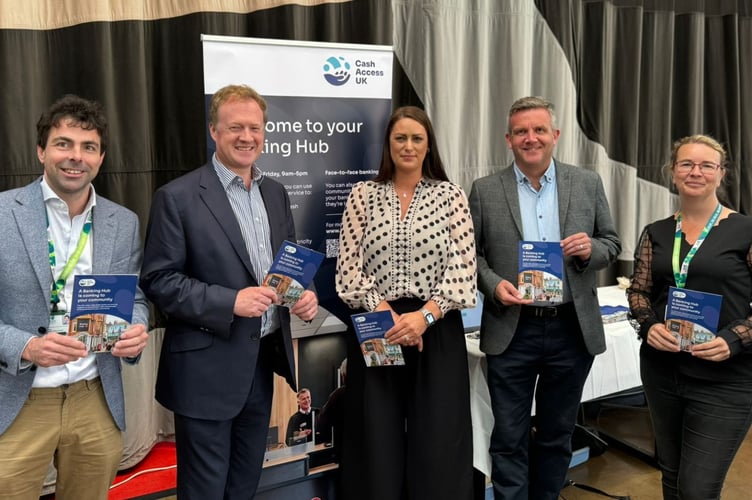The closure of Farnham’s Santander branch this July isn’t just the end of a local service – it’s a warning sign.
It follows the withdrawal of all other high street banks in Haslemere, Bordon, and Liphook, highlighting a broader societal shift.
While many embrace digital banking with ease, for older residents and those less tech-confident, it marks a quiet erosion of their independence.
Online banking may be convenient, but not everyone has a smartphone, reliable internet, or the confidence to navigate apps. Yet the standard response from corporations and public services is often: “just go online” or “download the app”.
And I feel that’s not good enough.

As banks and services withdraw, it is often charities and volunteers who step up to fill the gaps. Age UK Surrey runs a brilliant Tech Support programme, hosting drop-in sessions in places like Milford and Guildford to help people build everyday digital skills. Citizens Advice East Hampshire also provides vital help with online forms, benefit claims, and digital-only systems. They are a godsend to many.
As the local MP, I often act as a direct line of support for those overwhelmed by digital bureaucracy. But it’s these local organisations that are the real lifelines – and the fact we rely on them so heavily says a lot about where national policy is falling short.
A constituent recently told me she was unable to check her pension payments because her local branch had closed, and she didn’t feel confident enough to bank online. For people like her, face-to-face support isn’t just convenient – it’s about security and dignity. As I wrote earlier, the modern approach isn’t for everyone.
We need a more deliberate approach to digital inclusion. That starts with recognising that not everyone is moving at the same pace – and not everyone wants to.
The Government must ensure that essential services remain accessible in non-digital formats. And banks, after decades of community loyalty, shouldn’t be allowed to quietly withdraw without offering real alternatives – whether through shared banking hubs, investment in Post Office services, or mobile branches.

And it’s not just older people who are affected. Many residents in rural areas – from Tilford and Dockenfield to Greatham and Headley – still suffer from poor mobile coverage and unreliable broadband.
For small business owners, students, and working parents, digital exclusion isn’t just frustrating – it’s limiting their opportunities. That’s why I’ve made improving broadband and digital infrastructure a top priority, continuing to press ministers and providers to deliver fast, affordable connectivity for all.
Progress must not come at the cost of fairness.
The Government's plan for a digital future must include everyone – not just the confident, the connected, or the urban. We must ensure no one is left behind.




